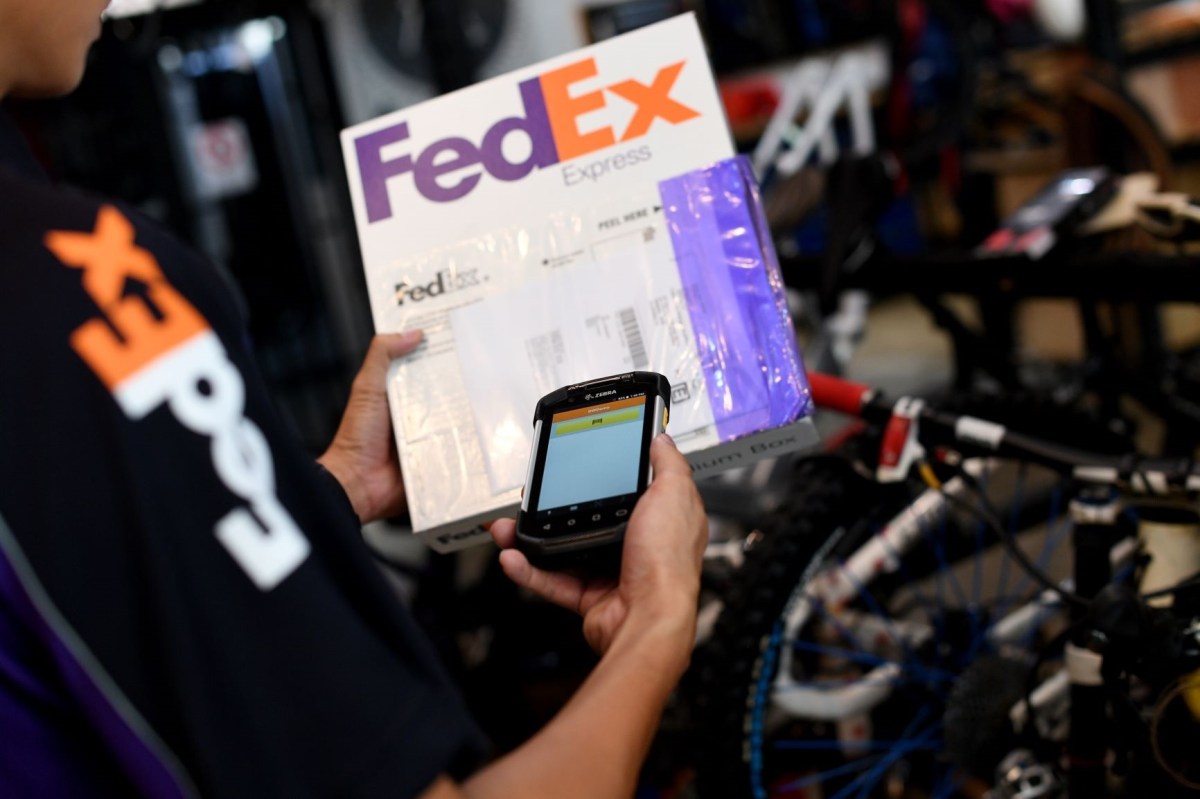Online retailers in Australia will now have access to FedEx’s Compatible and Alliances programs to generate shipping labels without leaving the e-commerce or marketplace platforms, including discounts.
The integrations now include EasyPost, EasyShip, Postmen, QAD, Ship&Co, and Shipstation.
FedEx Express Australasia vice president, Peter Langley tells Retailbiz, “Specifically for Australia, we have seen that the delivery volumes to residences have nearly doubled when we do a pre and post COVID-19 comparison.”
The new integrations are being pitched as a way to level the playing field for SMEs in the e-commerce space by “… giving them instant access to enhanced and affordable shipping solutions, which means more effortless selling across e-commerce platforms” according to Langley.
“These programs empower SMEs to reach out to new international markets while not worrying too much about the logistics support needed to cater to growing their online store.
“The backend integration helps SMEs generate and print labels for the AirWay Bills and fulfill shipping orders in a simple and easy manner,” Langley says.
To date, FedEx has integrated with 17 e-commerce and marketplace platforms, allowing e-merchants across Australia and Asia Pacific direct access to FedEx services, using their FedEx account number, to manage shipments and move goods across borders.
“The integrations mean that FedEx customers using these platforms don’t have to leave them to generate FedEx shipping labels or use additional, specialised FedEx features,” Langley says.
Langley also notes that FedEx International Connect Plus allows Australian e-commerce businesses to reach online shoppers within Asia Pacific in one to five business days, with day-definite delivery service.
“It also includes capabilities such as tracking, sending out notifications to receivers and flexibility to change delivery options via FedEx Delivery Manager, which gives e-tailers’ customers more visibility, control, and convenience over their online orders,” Langley says.
More retailers are increasing their investment and engagement in online channels to capture consumer demand, resulting in increased demand for logistics support. According to McKinsey, the Asia e-commerce logistics market will account for 57% of total market growth from 2020 to 2025.

